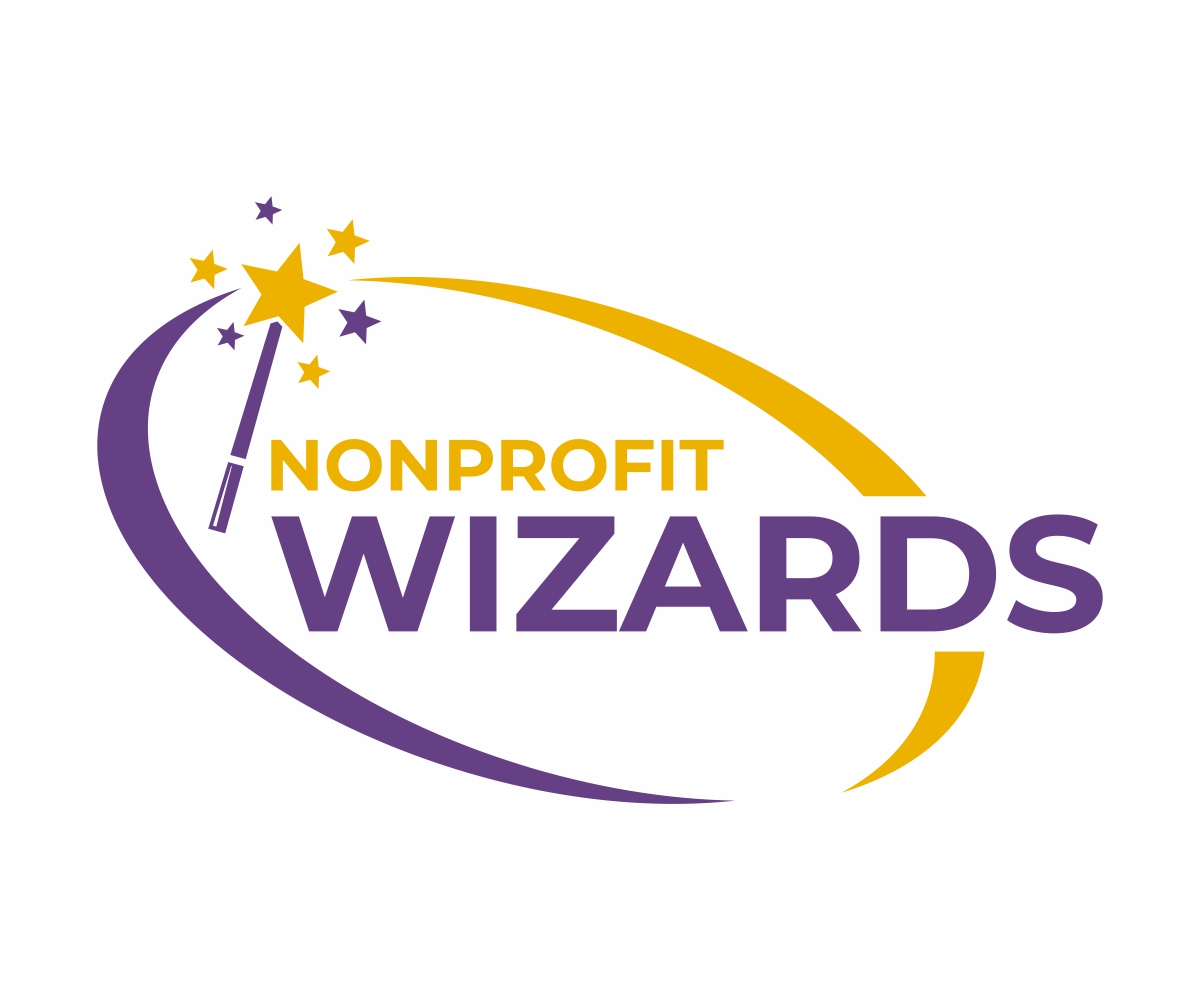“Being a nonprofit executive is the loneliest job in the world.”
I hear this phrase often as I talk with CEOs and Executive Directors. It’s a common refrain.
Recently an ED told me, “I hear people say this is a lonely job, but I don’t feel that way at all!”
I think she was lying. Or utilizing selective memory.
She wasn’t practicing the secret I reveal at the end of this post.
It’s possible she’s a robot.
Maybe a robot with selective memory.
Being a nonprofit executive was a lonely job for me
When you’re not a robot and you go to a place of work–where there is a building and other people–sometimes you have bad days.
The toilet backs up. Or the roof is leaking. Or the HVAC system isn’t working right.
***Sidenote: if you don’t know what HVAC means, you are lucky. I never anticipated how much I would learn about heating and cooling systems by being the head of a nonprofit that owned its own building. Or what I’d learn about plumbing. Or roof construction. Or termites.***
Sometimes you have bad days because the actions of other people frustrate you. Like when you get pulled into the middle of a disagreement between two of your team members. Nothing saps my energy more than mediating conflict between two persons who’ve dug their heels in.
Sometimes you have a week where you have more bad days than good days. Where it seems like you’re swimming upstream and the world is conspiring against you.
These are the times when I felt the loneliest.
When you’re the boss, who can you talk to?
I’ve blogged before about the perils of maintaining a false aura of strength. Sometimes you just need someone to talk to. Someone you can trust to have your best interest as their primary motive.
The challenge, though, is finding that person.
You see, all people have bias. All people do things in their own self-interest.
It isn’t malicious. That’s just the way life is.
I recently heard an interview with George Zimmer, the founder of The Men’s Warehouse.
The “You’re gonna like the way you look, I guarantee it!” guy.
The guy who was fired from the company he founded.
George had this to say:
“We often say about our closest friends, ‘he’s got my back’. But we only allow that kind of access to our closest friends. That’s why, if you get stabbed in the back, it’s naturally by one of our closest friends. Machiavellianism is a real thing.”
Now, George’s story is more extreme than our discussion here. But it illustrates human nature.
Confide in your spouse
Some execs say, “I have a very supportive spouse who helps me when the journey is difficult.”
That’s great. If you’re in a committed relationship, your partner should support you. And you support them.
You know, “in good times and bad,” and all that.
And I am not encouraging anyone to deliberately withhold important information from his or her partner.
My wife has always been extremely supportive of me. She’s amazing.
She’s also human (a/k/a non-robot).
When I have an isolated bad day here and there, she is there for me one hundred percent. She picks me up and dusts me off.
But when I have too many bad days in too short a period of time, she starts to worry. She worries about me, sure. But she also worries about herself. You would too. Unless you’re a robot.
You see, if things get bad enough, I might quit. Or worse, get fired
That would create real problems in her life. She needs my income to afford the house she lives in. She needs my income to feed her children. She needs my income to buy clothes for herself and the kids.
So, if you were in her shoes, could you anticipate a limit to the amount of support you could offer? Would your own bias ever affect your advice and counsel? Would you possibly tell me to suck it up? Or to get over it?
Aside from that, there’s also the practical matter that most of our partners have never been a nonprofit executive. If you’ve never been in that chair, you have no idea what it’s like or how challenging and complex it can be.
Confide in your board chair, version I
Some execs say, “I have a very supportive board chair. I’m lucky because I can tell him/her anything.”
That’s great. One of the key responsibilities of board members is to support the executive.
You should support your chair, too, and work to maintain an open, honest, and constructive relationship.
On the other hand, what if you really need a partner to think through the ramifications of you exiting the organization for a new opportunity?
Assuming your board chair loves you as much as you love him (or her), he probably doesn’t want you going anywhere. Hiring a new executive is hard. And risky.
Not the least of all, he doesn’t really have time to sit on a search committee.
And how would he explain to the rest of the board that he helped you come to this conclusion?
See how this can get sticky? How good of advice do you think you will get in an instance like this?
Confide in your board chair, part II
Instead of considering opportunities, what if you need to talk about mistakes?
Let’s say you identify a staff member who needs to make significant improvement in performance. After an unsuccessful attempt at coaching him, you decide it isn’t working and you have to let him go.
But then you have similar frustrations with your new hire six months later.
Will the board chair begin to question your ability to manage? Or your ability to select talent?
Will this heighten the chair’s instinct to scrutinize more of your day-to-day decisions?
Confide in other nonprofit execs
Some execs say, “Our community has a culture of directors who support each other.”
That’s great. Some of my favorite people are the other execs in town who I came to know after joining the fraternity.
But it takes a long time to build trust.
And you likely live in a small town.
Here’s a funny story: when I was growing up, the closest town to my family’s farm had a population of 60. People who lived there said it was a small town.
I now have friends who live in “towns” of over a million people. These people tell me they live in a small town.
Anyway, whether or not your potential peer confidants are loose-lipped isn’t the main factor: you know that they potentially could be. Therefore, you probably hold back your deepest fears and greatest challenges.
Problem is, fear thrives in darkness. You need to bring your weaknesses into the light if you’re going to have any hope of overcoming them.
The cure for loneliness
First, in spite of the objections mentioned above, DO NOT neglect your relationships with your board chair or your life partner. The highest achievers I know are deliberate in making time for these important members of their inner circle.
While we’re at it, be sure to invest serious time with your senior leadership staff.
And be sure you have friends who are in no way connected to your work.
To cure work-related loneliness, I offer a two-step solution. First is to find trusted peers. And to regularly meet with them, having discussions in a mastermind format. Check out this resource if you want to start your own mastermind group.
The second part is to use the services of an executive coach. I have a coach myself, and I think it is awesome.
My coach, Cameron, creates a safe space for me to think out loud about my greatest challenges and biggest fears. He has enough detachment that he can truly listen without feeling threatened or defensive.
He also has a knack for asking penetrating questions. Penetrating, but not leading.
If you want to learn more about the benefits of using an executive coach, check out this overview from the International Coach Federation. You can also listen to this interview with Tony Stubblebine, the founder of coach.me. Tony references Evan Williams as a strong proponent of executive coaching.
To find a coach, you can go to coach.me. Or go to LinkedIn and type in “People with coach titles” in the search bar.
For people who want the advantages of a peer-learning experience coupled with the accountability and self-inquiry provided by a coach, I’ve created Nonprofit Wizard Roundtables.
What do you think?
Have you cured the loneliness that comes from being a nonprofit executive?”
I’d love to hear about it! Email me or hop over to the Nonprofit Wizards Facebook page and leave a comment!

Darren Macfee is the founder of the Nonprofit Wizards. He studies the habits and practices of wizards and then shares those with the world. He also strives to be a little better every day–as a husband, as a dad, and as a business professional.


Thinking Fast And Slow by Daniel Kahneman

The Advantage: Why Organizational Health Trumps Everything Else in Business by Patrick Lencioni

Now, Discover Your Strengths by Marcus Buckingham and Donald O. Clifton
 StrenthsFinder 2.0 by Tom Rath
StrenthsFinder 2.0 by Tom Rath

Good to Great: Why Some Companies Make the Leap…And Others Don’t by Jim Collins

Magnetic: The Art and Science of Engagement by Anne Bergeron and Beth Tuttle

Managing to Change the World: The Nonprofit Manager’s Guide to Getting Results by Alison Green and Jerry Hauser
Any link on this site should be assumed to be an affiliate link. If you’re not sure why you should care click here. You’ll also learn how you can help feed the children.

